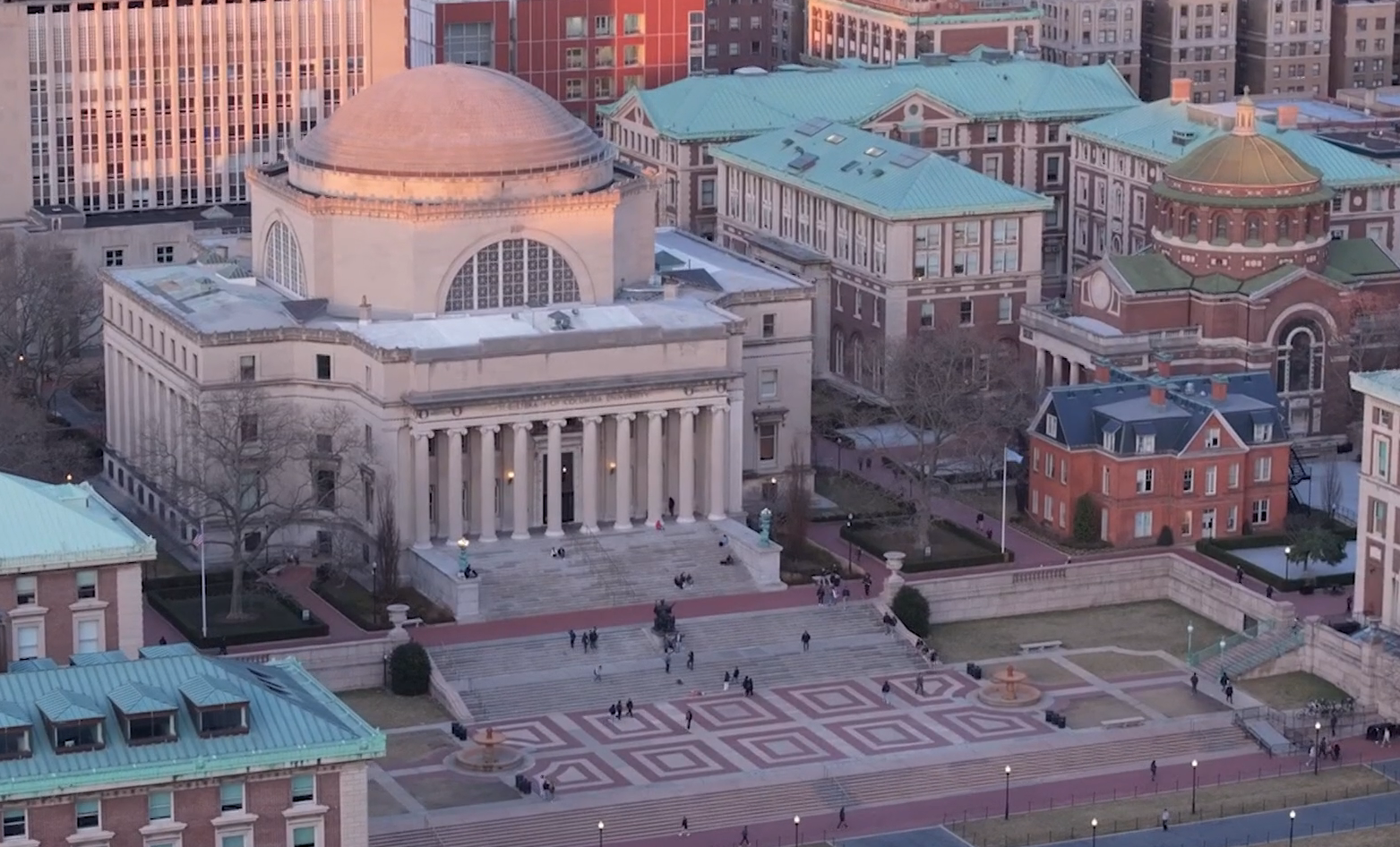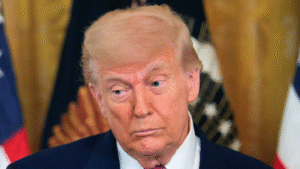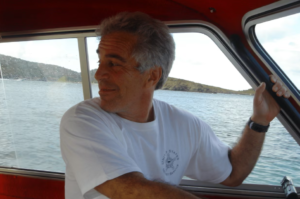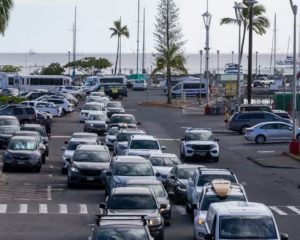In a striking display of student activism, Columbia University’s acting President Claire Shipman was met with boos and chants of “Free Mahmoud” during the university’s graduation ceremony on May 20, 2025. The protest centered around the detention of Mahmoud Khalil, a graduate student and pro-Palestinian activist, highlighting the ongoing tensions between the university administration and student demonstrators.
The Graduation Day Protest: A Closer Look
As Claire Shipman approached the podium to address the graduating class, a chorus of boos erupted from the audience. Videos circulating on social media captured the moment when students interrupted her speech with chants demanding the release of Mahmoud Khalil. Shipman attempted to acknowledge the students’ frustrations, stating, “I know that many of you feel some amount of frustration with me and I know you feel it with the administration.” Despite her efforts, the chants persisted, underscoring the depth of student discontent.
The protest was not an isolated incident but part of a broader movement on campus advocating for Khalil’s release. Students have organized rallies, sit-ins, and social media campaigns to draw attention to his detention, reflecting a growing sense of urgency and solidarity among the student body.
Who Is Mahmoud Khalil?
Mahmoud Khalil is a Syrian-born graduate student at Columbia University and a permanent legal resident of the United States. In March 2025, he was detained by U.S. immigration authorities due to his involvement in pro-Palestinian protests on campus. Despite not being charged with any crime, Khalil remains in custody, with officials seeking his deportation.
The Trump administration has labeled past pro-Palestinian protests as antisemitic, a characterization that student activists vehemently deny. They argue that Khalil’s detention is a violation of free speech and an attempt to suppress dissenting voices on campus. (BBC.com)
Claire Shipman’s Role and Response
Claire Shipman, a seasoned journalist and Columbia alumna, assumed the role of acting president in March 2025 amid escalating campus tensions. Her tenure has been marked by a series of protests and administrative challenges, particularly concerning the university’s handling of pro-Palestinian demonstrations.
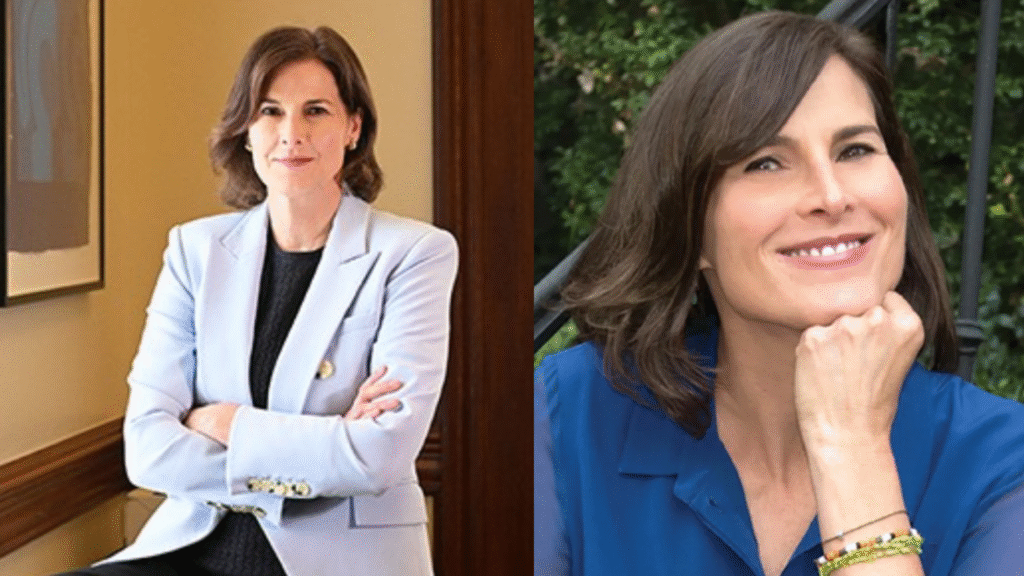
Shipman’s decision to involve law enforcement in campus protests, including the arrest of 78 students during a library occupation earlier in May, has drawn criticism from students and faculty alike. While she has praised the professionalism of the NYPD and campus security, many view her actions as an overreach and a suppression of student activism.
The Broader Implications for Free Speech
The incident at Columbia University reflects a larger national debate over free speech, academic freedom, and the role of universities in political discourse. As institutions grapple with student activism and external political pressures, the balance between maintaining order and respecting free expression becomes increasingly precarious.
Legal experts and civil rights organizations have expressed concern over the use of immigration enforcement as a tool to silence political dissent. Khalil’s case may set a precedent for how universities and the government respond to student activism, particularly concerning international students and residents.
Conclusion: A Campus at a Crossroads
The events unfolding at Columbia University underscore the complexities of navigating free speech, student activism, and administrative authority in higher education. As the university community continues to advocate for Mahmoud Khalil’s release, the administration faces mounting pressure to address concerns over civil liberties and institutional accountability.
The situation serves as a poignant reminder of the power of student voices and the importance of upholding democratic principles within academic institutions.
Subscribe to trusted news sites like USnewsSphere.com for continuous updates.
[USnewsSphere.com / nyp]


